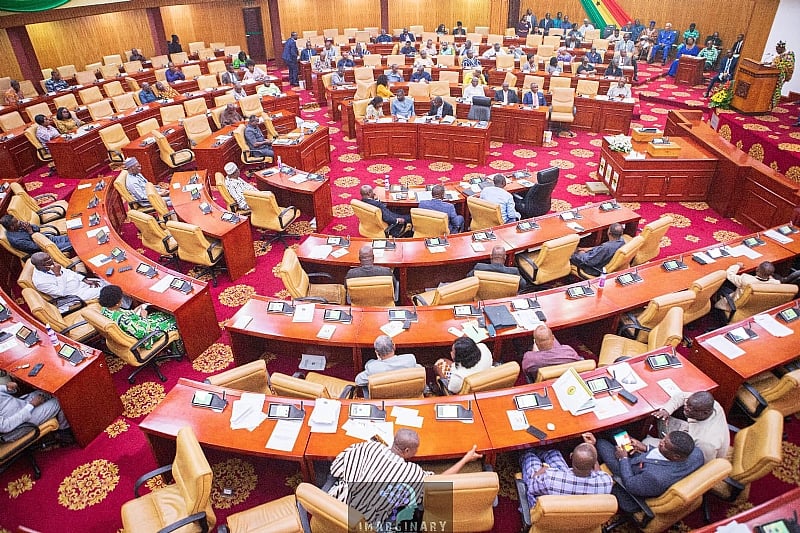Ghana is embarking on a transformative journey towards embracing electric vehicles (EVs) as a sustainable and environmentally friendly mode of transportation. The government, recognizing the crucial role EVs can play in mitigating climate change and promoting a greener future, has unveiled plans to incentivize the adoption of this technology. Central to this strategy is the proposed exemption of import duties for individuals and businesses importing EVs into the country. This initiative aims to make EVs more affordable and accessible to the Ghanaian public, thereby accelerating their adoption and paving the way for a cleaner transportation sector. The government’s commitment to this endeavor underscores its dedication to environmental stewardship and its recognition of the global imperative to transition towards sustainable energy solutions.
The implementation of Ghana’s National Electronic Vehicle Policy will unfold in phases, with the initial phase, spanning from 2024 to 2026, focusing on establishing the necessary infrastructure to support the widespread use of EVs. This includes the installation of solar power systems in public buildings, harnessing renewable energy to power the charging infrastructure required for EVs. Simultaneously, the government will deploy charging points strategically across the country to ensure convenient access for EV owners. This infrastructural development forms the bedrock of the policy, creating a conducive environment for the seamless integration of EVs into the existing transportation landscape.
Beyond infrastructure development, the government acknowledges the importance of creating a supportive legislative framework for EV adoption. The Ministry of Transport is collaborating with the Ministry of Finance to amend existing tax laws, including the Value Added Tax (VAT) Act, to facilitate tax waivers on imported EVs. This measure further enhances the affordability of EVs, making them a more attractive proposition for consumers. The government’s proactive approach to streamlining the legal and regulatory landscape demonstrates its commitment to fostering a conducive environment for EV adoption and creating a level playing field for this emerging technology.
Public awareness and understanding are paramount to the successful implementation of the National Electronic Vehicle Policy. Recognizing this, the Ministry of Transport has initiated a nationwide sensitization and awareness campaign to educate the public about the benefits of EVs and their role in promoting environmental sustainability. This campaign has already reached educational institutions in 13 regions, with plans to extend its reach to the remaining three regions by mid-2026. By engaging with communities and educational institutions, the government aims to dispel misconceptions surrounding EVs, highlight their advantages, and foster a sense of ownership and responsibility towards embracing this sustainable mode of transportation.
The transition to EVs in Ghana represents more than just a shift in transportation technology; it signifies a commitment to global climate resilience and environmental stewardship. By reducing reliance on fossil fuel-powered vehicles, Ghana aims to decrease greenhouse gas emissions and contribute to mitigating the impacts of climate change. The adoption of EVs aligns with global sustainability goals and positions Ghana as a forward-thinking nation committed to embracing clean energy solutions. This proactive approach not only benefits the environment but also enhances Ghana’s image on the international stage as a responsible and environmentally conscious nation.
The government’s multi-pronged approach, encompassing infrastructure development, legislative reforms, and public awareness campaigns, demonstrates a comprehensive and well-structured strategy for the successful integration of EVs into Ghana’s transportation sector. The phased implementation of the policy allows for a gradual transition, ensuring that the necessary infrastructure and regulatory frameworks are in place to support the widespread adoption of EVs. By incentivizing EV adoption through tax breaks and fostering public awareness, the government aims to create a sustainable and environmentally friendly transportation system that benefits both present and future generations. This proactive approach not only addresses immediate environmental concerns but also lays the foundation for a cleaner, greener, and more sustainable future for Ghana.














